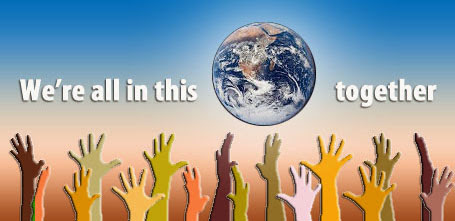More simply put, for markets to work their magic, full information needs to be accessible to buyers. Failure to disclose information which could shift a purchaser's decision will cause markets to fail.
Last week we held a forum on campaign finance reform, and all panelists agreed on at least the basic premise that all financial contributions to campaigns should be disclosed. Some would also extend this to lobbying. Of course, with Citizens United and the development of SuperPACs and 'independent social welfare organizations' able to hide the donors, we don't have such a system in place for perhaps the most important place of power.
The Senate last week defeated another attempt to add transparency/disclosure to what we eat, by defeating an amendment that would have simply allowed states to require labeling of GMO foods, as most of Europe and the developed world already does. What are we hiding?
An article this week in Forbes, highlighting MSU's own Prof.Phil Howard's work on the Organic Industry shows how the food giants are taking over the small players and what we lose in the process.
I have some hope that someday I'll be able to shop at a retail outlet where it is transparent how well their lowest paid employee is compensated and what the ratio is to the highest paid employee. That would surely shape how I would use the market. This failure of transparency denotes a lack of trust and without it, we'll be stuck in this us/them dichotomy that separates us forever. Time for some sunshine, the true disinfectant.
Speaking of Sunshine, we lost a true troubadour recently when Richie Havens passed away at 72 last month from a heart attack. If you ever saw him live, his light shone bright through his music, his deep harmonic voice, and his huge heart connected to all good things. Two clips of his work below. May you be moved by his gift.
Let the sun shine! (1971)
and from there
Freedom (Live at Cannes Film Festival 2008 w/ Sean Penn)


 which triggered the thought of an article in
which triggered the thought of an article in 